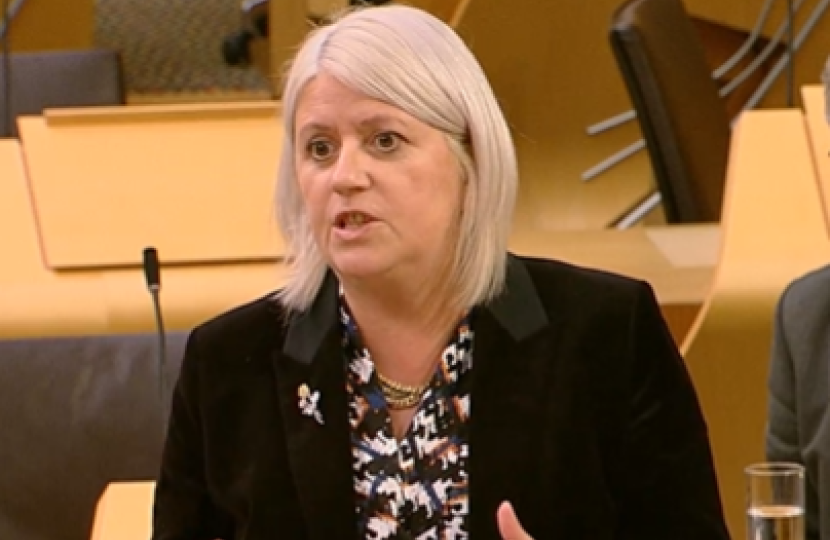
As Edinburgh residents take in the prospect of an eight per cent increase in Council Tax, after years of being short-changed by the SNP Scottish Government, I was at first staggered that they were planning to sit on a £350 million “just-in-case” contingency fund.
It won’t be the first time the SNP has complained bitterly about a lack of money coming up from Westminster to Holyrood while sitting on a surplus, but with a total budget of around £60 billion, boosted in the coming year by an additional £3.4 billion thanks to Labour’s splurge in public sector pay deals, you’d have thought there was plenty to go around.
That the government-owned Ferguson Marine shipyard was able to squander £440,000 on payoffs would make you think so, but it is instead a symbol of the inability to keep public spending on a tight leash.
The reality is that a combination of SNP waste and mismanagement, and Chancellor Rachel Reeves’ shamelessly self-serving spending programme has created a double whammy which will see taxation soar with absolutely nothing to show for it in improved public services.
Now economists have warned that tax rises or public spending cuts are inevitable because her “spare cash” ─ £9.9 billion of so-called “fiscal headroom ─ has been gobbled up by her growth-crushing budget in October and the doom-mongering which accompanied it. So maybe the Scottish Government will need that contingency fund after all.
Without reorganisation or productivity deals, Labour’s above-inflation public sector pay deals will just be swallowed up, and the SNP has felt compelled to follow suit. But it is the impact of the National Insurance employer contribution increase which will cause widespread damage.
According to Audit Scotland, there is no specific funding for local authorities to cover the increased NI, estimated to be around £265 million a year. Then there is the additional £85m burden imposed on the host of charities and independent services, like Edinburgh Leisure, which receive grant funding through councils.
Ms Reeves claimed public sector organisations would be covered, but Audit Scotland points out the NI compensation of £300m is based on increased expenditure in England, and the impact on the bigger, better paid Scottish public sector could be over £700m.
Therefore, Labour’s assault on so-called fat-cat employers has exacerbated an existing public services crisis in Scotland, driven by the inability of the Scottish Government, its agencies and local authorities to embrace the need for genuine, meaningful change.
The winner, according to new analysis of the Scottish Government’s budget by the respected Institute of Fiscal Studies, was supposed to be health and social care, with a net top-up of £618m for day-to-day spending, which contributes to an overall 5.2 per cent real terms increase, but again most of it will go on pay deals and pension contributions, not on cutting waiting lists.
But if the crunch predicted by economists comes true and cuts are unavoidable, the Scottish budget feels the pinch and those gains will all but vanish. Eye-popping Council tax increases won’t even be the half of it.
In the middle of an election campaign, the SNP grievance machine will be in top gear and Scottish Labour leader Anas Sarwar will be further from Bute House than ever. Pray we won’t still be stuck with John Swinney.

